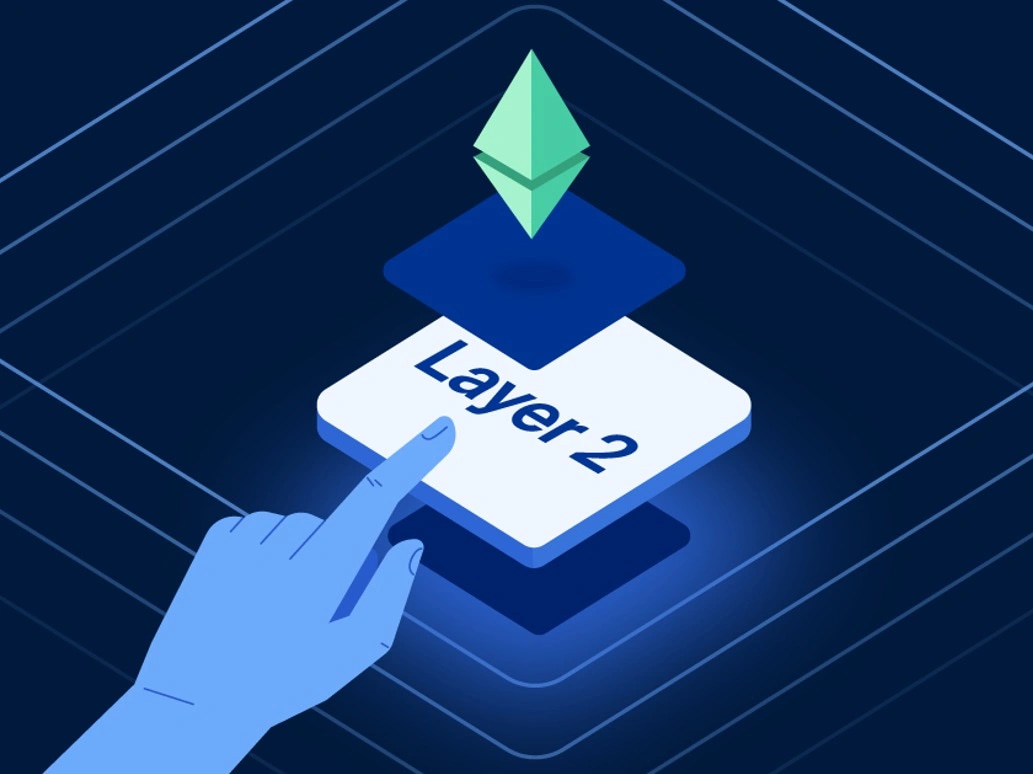Key Takeaways:
- Web3 games must be fun first—tokens and earning should follow, not lead.
- Somnia’s Layer-1 chain offers unmatched speed and support for real-time on-chain experiences.
- Trust and playability are the final barriers to mass adoption of blockchain gaming—and Somnia is working to break them.
Web3 gaming is evolving quickly, but mainstream adoption still lags behind. While blockchain-based titles have made headlines for innovation, they often fail where it matters most—player trust. According to Paul Thomas, founder of Somnia, the space needs a hard reset: fun must come before finance.
Thomas, a former software engineer at Goldman Sachs and a key figure at Improbable, believes most blockchains simply weren’t built for immersive, real-time entertainment. That’s why Somnia exists—to offer a Layer-1 chain optimized for fully on-chain gaming and interaction.
Built for Speed, Designed for Play
Somnia’s testnet, Shannon, has processed over 1.6 billion transactions with sub-second finality and sub-cent fees. It recently broke Ethereum’s daily record with over 80 million transactions in a single day. Behind this is IceDB, a custom real-time database, and a bespoke execution engine.
Somnia supports developers with SDKs for Unreal Engine and Unity, letting them build cross-compatible experiences with ease. Titles like Sparkball, Chunked, and Masks of the Void have already launched, with the network handling over 1 million transactions per second (TPS) under test conditions.
Also read: Kevin Feige Confirms Marvel Replaced Kang With Doctor Doom — Robert Downey Jr. Was Already in Talks
Changing the Web3 Narrative: From Speculation to Satisfaction
The problem, Thomas explains, is that many early blockchain games prioritized “tokenomics over gameplay.” As a result, traditional gamers still view the space as a breeding ground for scams and speculation.
He highlights Pirate Nation and Off the Grid as rare examples of on-chain games that are actually enjoyable. “Until Web3 is seen as a positive for gaming, not just finance, the work isn’t done,” he says.
Somnia supports play-to-own and dynamic economies, but Thomas insists fun must lead. “If rewards come first, games fail. It’s that simple.”
A Growing Ecosystem Backed by Tech—and Community
Thomas emphasizes the importance of community, crediting the “Somniacs” for keeping momentum strong. “You can’t do Web3 without them,” he says.
Looking ahead, Somnia is expanding its reach through a partnership with Google Cloud, combining AI tools and enterprise security with Somnia’s fast chain.
Thomas sees the blockchain of 2027 as invisible—just another part of how games and apps run in real-time. “We’re building for that world,” he says, “where blockchain enhances play, not complicates it.”
Disclaimer: The information in this article is for general purposes only and does not constitute financial advice. The author’s views are personal and may not reflect the views of GameDegen.com. Before making any investment decisions, you should always conduct your own research. GameDegen.com is not responsible for any financial losses.



